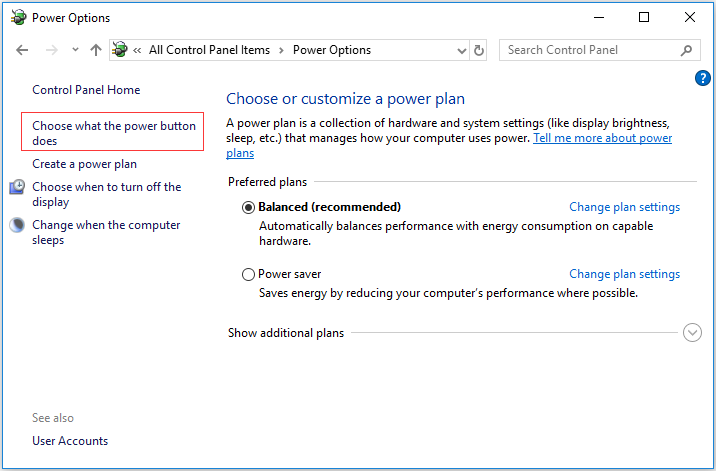

If your computer turns off during (or after) installation of your operating system, other hardware is likely failing.


If your computer seems to be turning off when executing a certain program at specific times of the day, it could be infected. Your computer may be infected with a virus or other malware that is designed to shut down your computer upon certain conditions.

Make sure there are not too many devices connected to your UPS and that it has the latest software updates. With a UPS, there may be other issues, such as a UPS overload or UPS software reporting a power situation that require a shut down. If this resolves your problem, you may have a defective surge protector or UPS. Also, if you have a UPS that connects a USB cable to the computer to manage power saving features, make sure it is disconnected. Make sure any surge protector or UPS (uninterruptible power supply) is not causing your problem by connecting the computer directly to the power outlet on the wall. Running the computer without these cards may help diagnose your issue. For example, remove your modem, network card, sound card, and any other expansion cards that are not needed for your computer to operate. If you have not recently installed any new hardware into the computer, the next best solution is to systematically remove non-essential hardware. If you have recently added any new hardware, remove it from the computer to make sure it's not causing the problem. Before attempting to remove any hardware, rule out hardware conflicts by checking Device Manager for errors, see: How to Identify problems in the Windows Device Manager.Īny failing hardware component in your computer could cause your computer to unexpectedly turn off without warning.


 0 kommentar(er)
0 kommentar(er)
